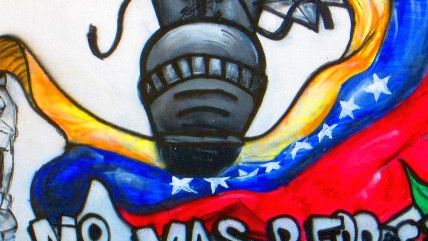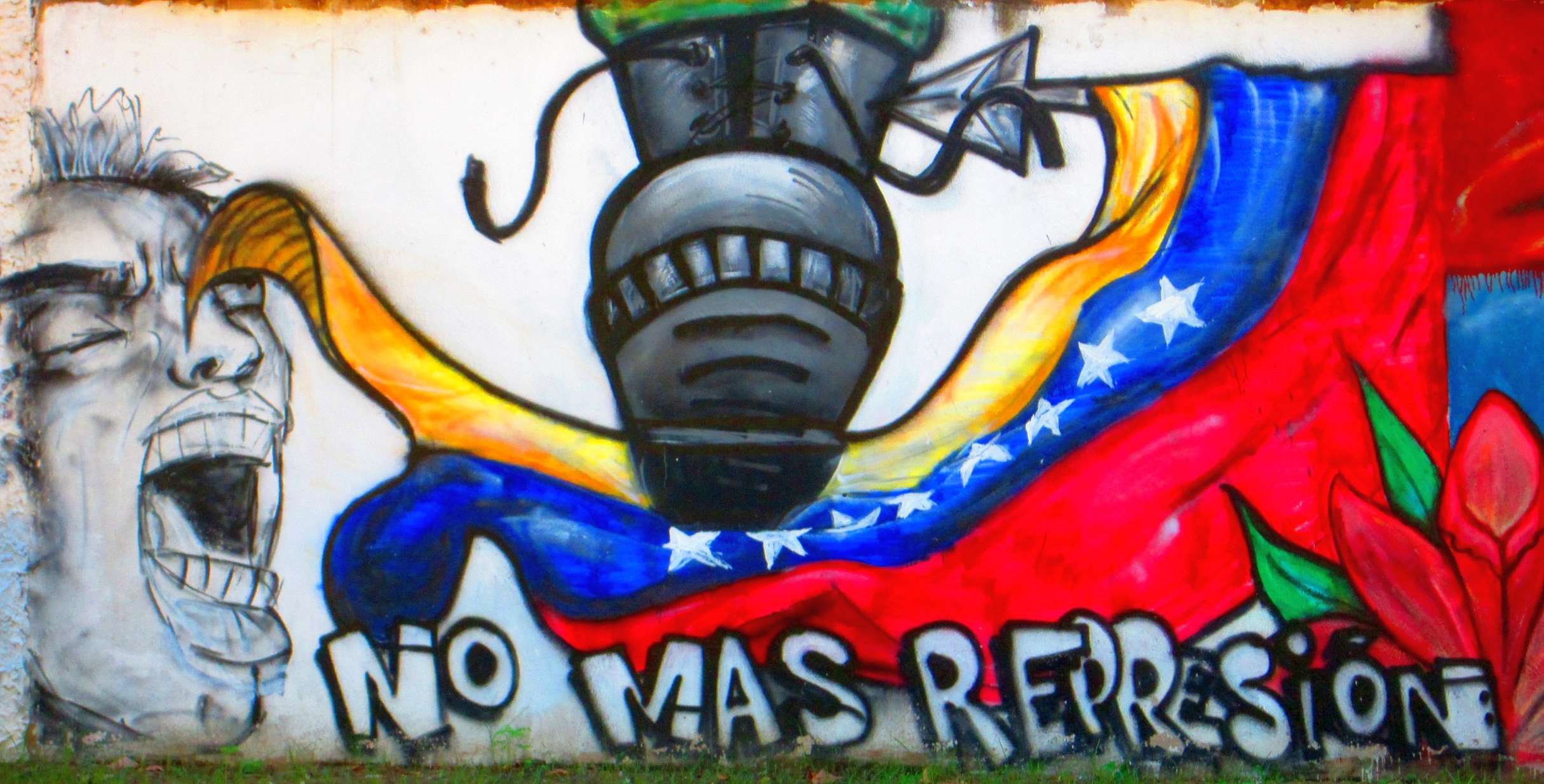Rule of Law Collapses in Venezuela As Maduro Continues to Push Socialist Agenda
Vigilante violence plagues the streets, citizens are hunting dogs and cats for food, but the president insists Bolivarian socialism will save the day.


Venezuela, home of the largest oil reserves in the world and once the richest country in Latin America, continues to descend even further into a violent political and humanitarian disaster, while the political leadership responsible for the destruction of the nation's economy continues to insist its own failed economic philosophy will make the nation prosperous again.
The country that was hailed by liberal economic writers like David Sirota as an "economic miracle" only three years ago now features its citizens "hunting dogs and cats in the streets, and pigeons in the plazas to eat," according to one of the district mayors in the capital of Caracas.
Just last year, British Labour Leader Jeremy Corbyn praised the government of Venezuela, adding that what was needed was "solidarity" among Latin American governments and not "a dependence on the U.S.A." Corbyn also alluded to American "interference" in Venezuelan affairs as similar to the CIA-backed coup in Chile in 1973.
But the government of President Nicolas Maduro doesn't need any outside actors to bring his country to its knees, his own socialist policies and rampant corruption have wreaked arguably as much havoc as any foreign invader could.
The AP reports that vigilante violence has grown rampant, as exemplified by an incident where a mob beat a man suspected of stealing the equivalent of five dollars, before burning him alive.
The work-week has been limited to two days, irregular electricity blackouts are common, babies are dying at a rate of seven per day, and as the New York Times noted, more people died in Venezuela in the first three months of 2016 than all the civilians killed in war-torn Afghanistan in 2015 combined.
While Venezuelans suffer and die in filthy, poorly-equipped hospitals with little access to basic (forget life-saving) drugs, the government of President Nicolas Maduro — which continues the legacy of his late predecessor Hugo Chavez by wasting a fortune on incredibly dumb national expenditures — is attempting to pay down some of its debt to India in an oil-for-pharmaceuticals barter scheme.
Yesterday, Maduro called on supporters to "defend the homeland" in a speech, assuring them that the "Bolivarian Economic Agenda" will turn things around any day now. He has repeatedly blamed his country's crisis on anyone from "rightwingers" and "the rich" to US-backed foreign agents attempting to stage a coup to "traitors" among the ranks of Latin American bureaucrats.
Maduro's party was trounced in parliamentary elections last December, and the opposition has called for a recall vote, which Maduro has attempted to block by invoking a 60-day state of emergency. Protesters in support of the recall were met with teargas yesterday, and an op-ed in The Guardian compared Maduro's "scorched earth" tactics to those used by Saddam Hussein after his Iraqi army was expelled from Kuwait in 1991.
Maduro's government will probably fall, and it could very well happen soon. The question is, what will be left once he and his disastrous policies are gone?


Show Comments (132)